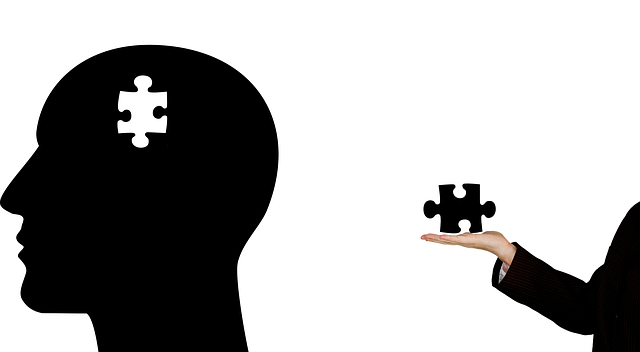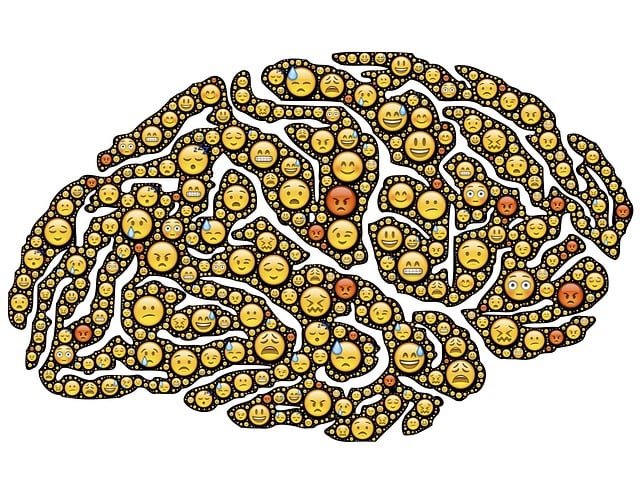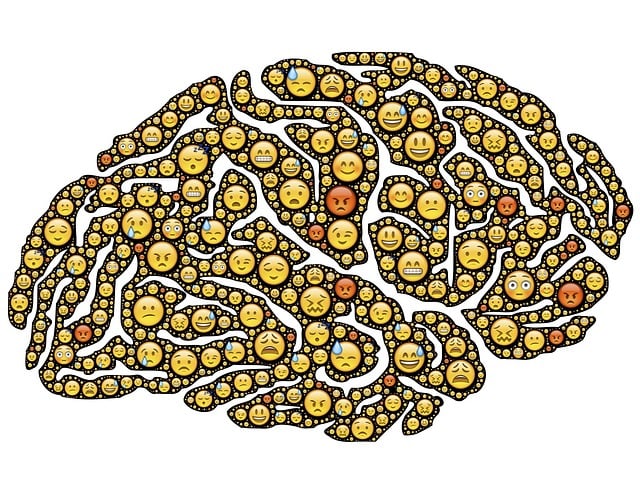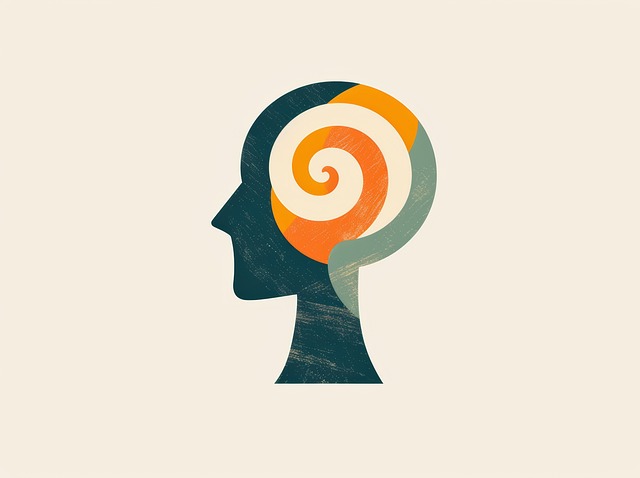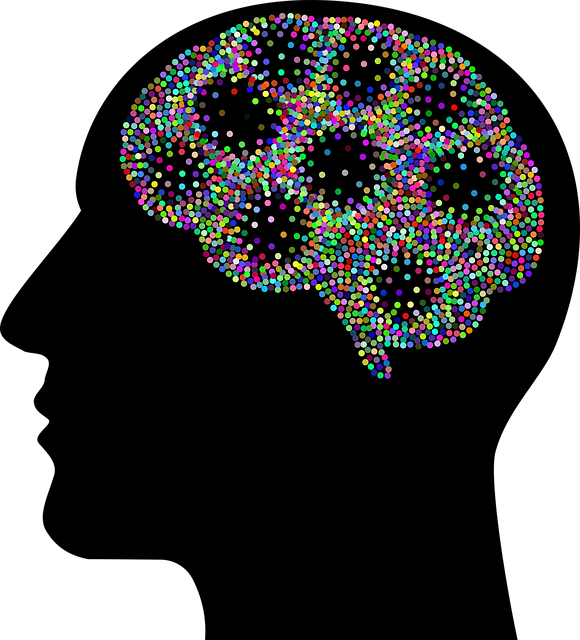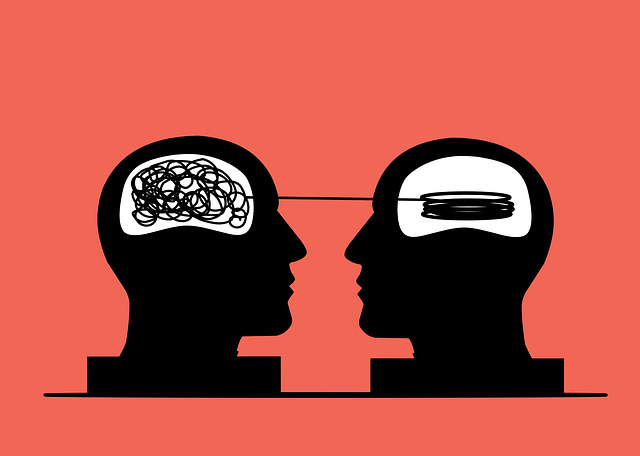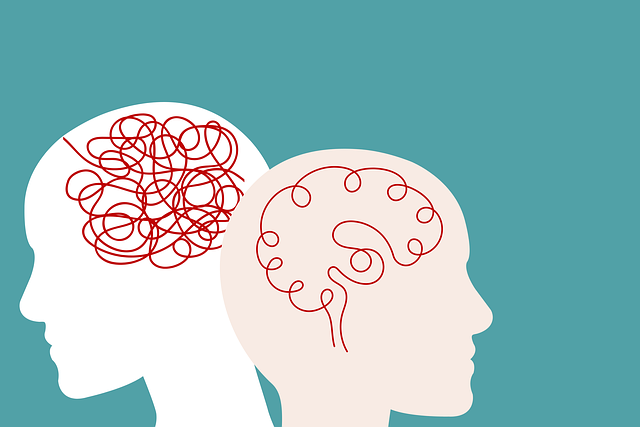Diagnosing mental illness accurately is a complex task influenced by biological, psychological, and social factors. Lafayette Somatic Experiencing (SET) therapy offers a revolutionary, holistic approach that prioritizes the mind-body connection, addressing root causes rather than just symptoms. By integrating advanced techniques, continuous training, and diverse therapeutic approaches, mental health professionals enhance diagnostic accuracy, leading to tailored treatment plans and improved patient outcomes. Early intervention through resilience-building techniques and ongoing support systems is crucial for sustained recovery, with tailored confidence-boosting activities enhancing overall well-being.
Mental illness diagnosis accuracy is a critical issue, with many challenges stemming from complexity and subjectivity. This article explores efforts to enhance diagnostic precision, focusing on innovative approaches like Lafayette Somatic Experiencing Therapy (LSE). We delve into the complexities of mental health assessment, highlighting LSE’s role in improving accuracy through somatic techniques and specialized training. Additionally, we discuss strategies for early intervention and continuous support, crucial elements for improved patient outcomes.
- Understanding the Challenge: Uncovering the Complexities of Mental Illness Diagnosis
- The Role of Lafayette Somatic Experiencing Therapy in Enhancing Accuracy
- Integrating Advanced Techniques and Training for Improved Assessment
- Promoting Early Intervention and Ongoing Support for Better Patient Outcomes
Understanding the Challenge: Uncovering the Complexities of Mental Illness Diagnosis

Diagnosing mental illness accurately can be a complex task due to its multifaceted nature. Each individual’s experience is unique, influenced by biological, psychological, and social factors. This complexity often leads to misdiagnoses or delayed treatment, which can significantly impact an individual’s well-being. Mental health professionals face the challenging task of navigating through various symptoms, co-morbidities, and hidden underlying causes. For instance, what appears as anxiety might be a coping mechanism for an unresolved trauma, requiring specialized approaches like Lafayette Somatic Experiencing Therapy to uncover and address these deeper issues.
Efforts to enhance diagnosis accuracy involve a multi-faceted approach. Community Outreach Programs that educate both the public and healthcare providers can foster awareness and early intervention. Inner Strength Development initiatives empower individuals to recognize their own resilience, encouraging self-care and proactive mental health management. Moreover, Trauma Support Services play a crucial role in identifying and addressing traumatic experiences that often underlie various mental health disorders. By integrating these strategies, we can work towards more precise and effective mental illness diagnosis and improved patient outcomes.
The Role of Lafayette Somatic Experiencing Therapy in Enhancing Accuracy

The Lafayette Somatic Experiencing Therapy (SET) is a therapeutic approach that plays a pivotal role in enhancing mental illness diagnosis accuracy. By focusing on the mind-body connection, SET helps clients cultivate self-awareness exercises that facilitate deeper understanding of their emotional responses and physical sensations. This holistic method improves self-esteem improvement by addressing the root causes of distress rather than merely treating symptoms. Through this process, mental health professionals gain a more nuanced view of their clients’ experiences, leading to more precise diagnoses and tailored treatment plans.
Lafayette SET incorporates various techniques designed in the Mental Health Education Programs to promote accurate diagnosis. These programs emphasize the importance of understanding somatic responses, which often manifest as physical symptoms related to traumatic or stressful events. By integrating this knowledge with evidence-based practices, therapists can better interpret clients’ presentations and avoid misdiagnoses. Ultimately, Lafayette Somatic Experiencing Therapy contributes significantly to the advancement of mental health care by enhancing diagnostic accuracy through comprehensive self-awareness exercises and education.
Integrating Advanced Techniques and Training for Improved Assessment

In the pursuit of enhancing mental illness diagnosis accuracy, integrating advanced techniques and comprehensive training plays a pivotal role. Beyond traditional methods, innovative practices like Lafayette Somatic Experiencing Therapy (SE) are gaining recognition for their effectiveness in assessing complex emotional responses. SE therapy focuses on helping individuals process traumatic or stressful events that may not manifest clearly in traditional talk therapy. By employing hands-on techniques to facilitate emotional regulation and body awareness, this approach allows therapists to gain deeper insights into a client’s mental health landscape.
The inclusion of these advanced techniques necessitates ongoing training for mental health professionals. Continuous education ensures practitioners stay abreast of the latest research and methodologies, thereby improving their assessment skills. This, in turn, contributes to more precise diagnoses, tailored treatment plans, and ultimately, better outcomes for individuals navigating mental wellness challenges. Moreover, integrating diverse therapeutic approaches, such as those featured in the Mental Wellness Podcast Series Production, can further enrich assessment strategies by providing a multi-dimensional understanding of a client’s mental health needs.
Promoting Early Intervention and Ongoing Support for Better Patient Outcomes

Early intervention plays a pivotal role in improving mental illness diagnosis accuracy and enhancing patient outcomes. By implementing strategies that encourage individuals to seek help at the first sign of distress, healthcare professionals can significantly impact long-term recovery. One effective approach is integrating resilience-building techniques into routine check-ups, allowing for early detection and personalized support. Lafayette Somatic Experiencing Therapy (SE), for instance, focuses on helping patients process traumatic memories and release held tensions, fostering resilience and reducing the risk of prolonged mental health issues.
Ongoing support systems are equally vital for sustained recovery. Mental health care providers should offer continuous guidance, especially when treating complex conditions. Regular therapy sessions, coupled with effective stress management techniques, can empower individuals to better navigate challenges. Moreover, confidence-boosting activities tailored to each patient’s needs can significantly improve their overall well-being and adherence to treatment plans.
Mental illness diagnosis accuracy is a multifaceted challenge that requires innovative approaches. By integrating advanced techniques, such as Lafayette Somatic Experiencing Therapy, and enhancing training for healthcare professionals, we can significantly improve assessment methods. Early intervention and continuous support are crucial elements to ensure better patient outcomes. These efforts not only benefit individuals struggling with mental health issues but also contribute to a more comprehensive and compassionate healthcare system.
